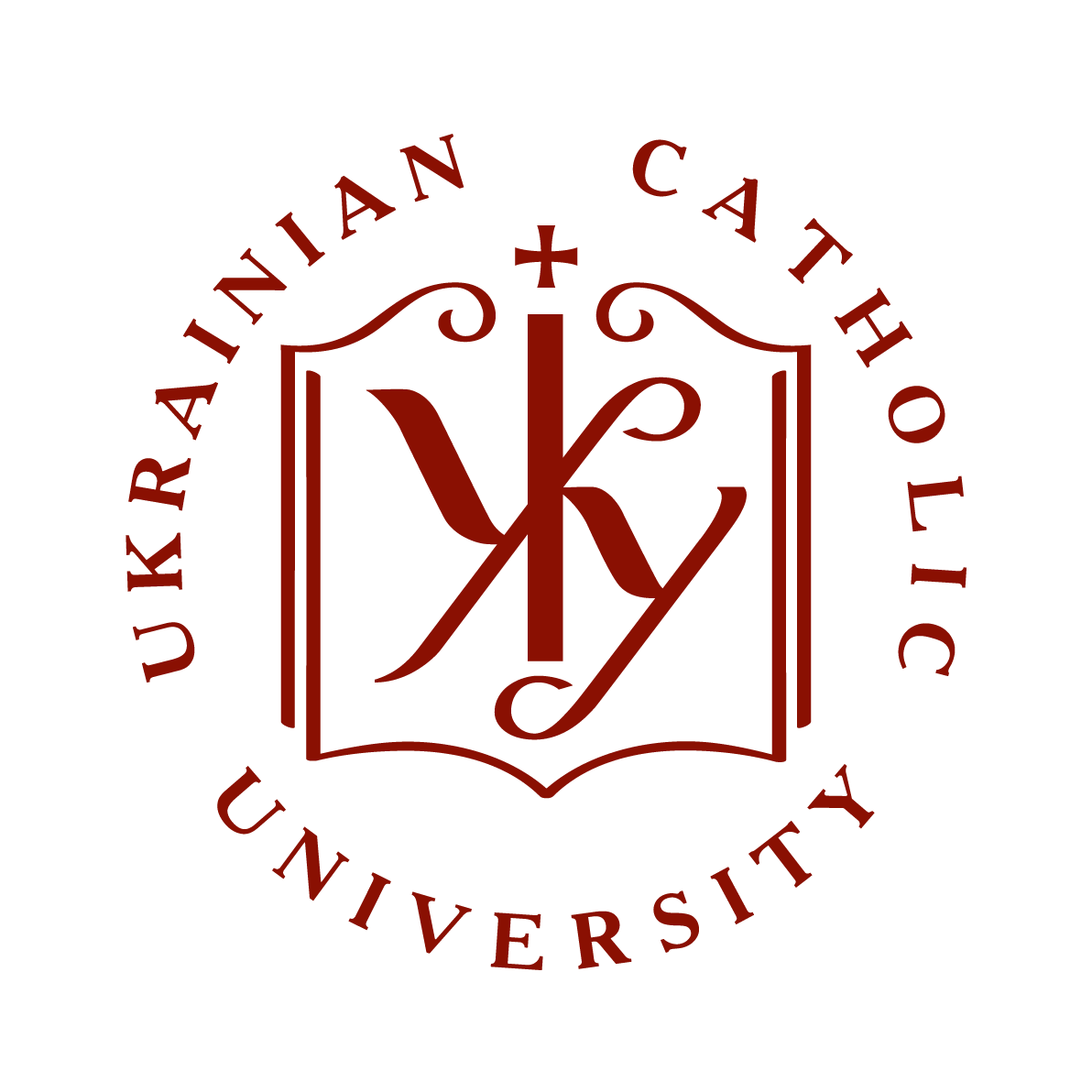Сценарії JavaScript вимкнено для Вашого браузера. Деякі функції цього сайту не будуть працювати без них.
| dc.contributor.author | Havrylyk, Ihnatia
|
|
| dc.contributor.author | Гаврилик, Ігнатія
|
|
| dc.date.accessioned | 2019-08-24T10:59:16Z | |
| dc.date.available | 2019-08-24T10:59:16Z | |
| dc.date.issued | 2019 | |
| dc.identifier.citation | Havrylyk I. Le tappe della vita spirituale: Giuseppe Ḥazzāyā e l’eredità ascetica greca // Vox Patrum. – 2019. – № 71. – С. 233-254. | uk |
| dc.identifier.uri | http://er.ucu.edu.ua/handle/1/1575 | |
| dc.description.abstract | Для Асирійської Церкви Сходу V ст. було переломним періодом, який дещо змінив духовно-богословське обличчя цієї Церкви. Йдеться про початок перекладів з грецької на сирійську мову філософських текстів та творів грецьких Отців. Елементи грецької духовості поступово проникали у сирійське монаше середовище, залишаючи на ньому свій відбиток. У статті панорамно представлено вплив грецької аскетичної традиції на сирійську духовність, на прикладі вчення духовного автора VIII ст. Йосифа Хаззаї, який вважається систематизатором усього сирійського духовно-містичного досвіду. Вчення Хаззаї формувалося, без сумніву, на основі його власної сирійської традиції, а також під впливом великих духовних авторитетів інших традицій: Євагрія Понтійського, Макарія Єгипетського, Йоана Апамейського. Від них Йосиф запозичив ключові поняття своєї доктрини, зробивши вперше так званий триступеневий синтез духовного життя, що охоплює різні елементи, які розглянуто у статті. | uk |
| dc.language.iso | it | uk |
| dc.rights | Attribution-NonCommercial-NoDerivs 3.0 United States | * |
| dc.rights.uri | http://creativecommons.org/licenses/by-nc-nd/3.0/us/ | * |
| dc.subject | Syriac spirituality | uk |
| dc.subject | Greek legacy | uk |
| dc.subject | Joseph Ḥazzāyā | uk |
| dc.subject | Evagrius of Pontus | uk |
| dc.subject | stages of spiritual life | uk |
| dc.subject | pure heart | uk |
| dc.subject | fire | uk |
| dc.title | Le tappe della vita spirituale: Giuseppe Ḥazzāyā e l’eredità ascetica greca | uk |
| dc.title.alternative | The Stages of Spiritual Life: Joseph Ḥazzāyā and the Greek Spiritual Legacy | uk |
| dc.type | Article | uk |
| dc.status | Опублікований і розповсюджений раніше | uk |
| dc.identifier.doi | 10.31743/vp.4037 | |
| dc.description.abstracten | For the Assyrian Church of the East, the 5th century became a turning point, which somewhat changed the spiritual and theological face of this Church. It marked the beginning of translations of the philosophical texts and works of the Greek Fathers from Greek into the Syriac language. Some elements of the Greek spirituality gradually penetrated into the Syriac monastic environment, leaving its imprint on it. The article presents a panoramic view of the influence of the Greek ascetic tradition on the Syriac spirituality, as exemplified by the teachings of Joseph Ḥazzāyā, a spiritual author of the 8th century, who is considered to be a systematizer of all Syriac spiritual and mystical experiences. The teaching of Ḥazzāyā was, without a doubt formed, on the basis of his own Syriac tradition, as well as under the influence of great spiritual authorities of other traditions: Evagrius of Pontus, Macarius of Egypt, and John of Apamea. From them, Joseph borrowed the key concepts of his doctrine, making for the first time the so-called three-stage synthesis of spiritual life, covering various elements that are analyzed in the article. | uk |
| dc.relation.source | Vox Patrum | uk |
Files in this item
The following license files are associated with this item:
This item appears in the following Collection(s)
-
Статті [73]
Articles



